At Innovety, we help research institutions and corporates unlock the full potential of their research and intellectual properties.
We design research management and technology commercialization roadmaps to protect and translate R&D into market-ready solutions.
This isn’t theory it’s about delivering measurable outcomes:
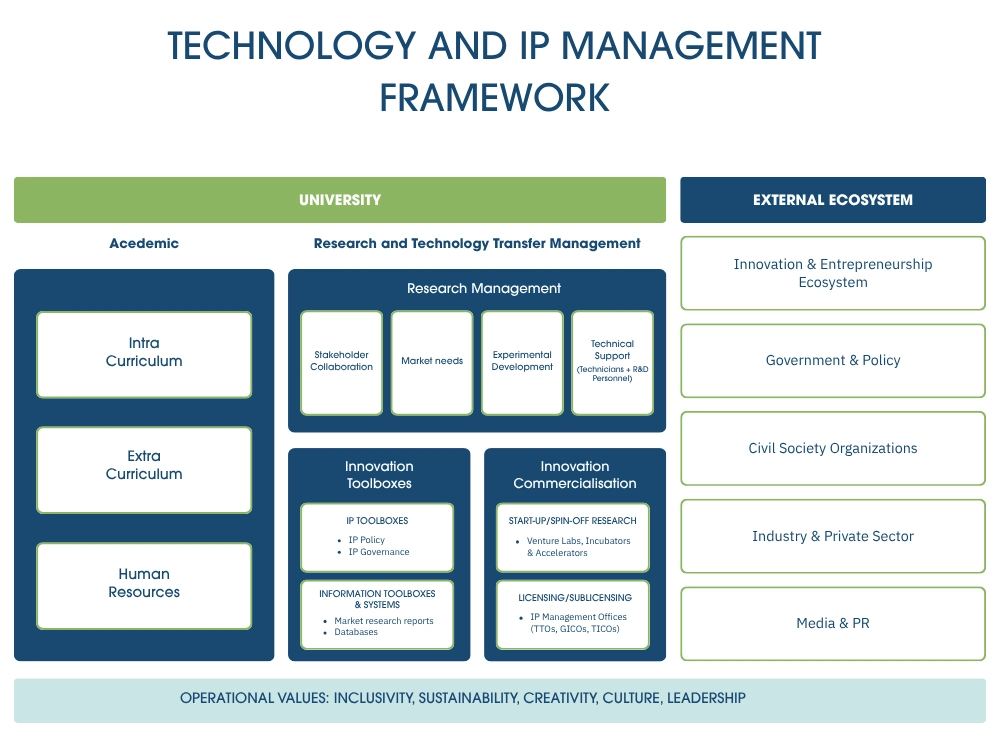
Technology & IP Management is the structured process of managing research outputs, protecting intellectual property, and commercializing innovations. It ensures that R&D investments generate measurable returns through patents, licensing, startups, and industry partnerships.
We build tailored commercialization roadmaps, design technology transfer offices (TTOs), connect academia with industry, and support funding models that accelerate market adoption.
Without a proper IP strategy, valuable innovations risk being underutilized or copied. Our IP strategy services ensure your assets are protected, properly valued, and monetized through licensing, spin-offs, or strategic partnerships.
ROI can be measured by new patents filed, IP licensing revenue, successful research-to-market transitions, number of industry partnerships, and overall increase in innovation adoption rates.
Turning Challenges into Opportunities for Growth.


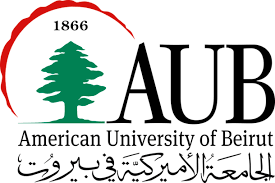
Technology Transfer Offices (TTOs) are essential in transforming research outputs into commercially viable products or services through intellectual property management, licensing, and spin-offs. To strengthen this role, Innovety supported the American University of Beirut (AUB) by building the innovation management capacities of its TTO staff, who primarily come from research backgrounds.
Innovety delivered tailored capacity-building workshops focused on innovation fundamentals. These sessions helped staff reimagine AUB’s TTO business model, explore new revenue streams, and prioritize strategic focus areas.

AUB constantly attempts to develop and support local businesses and corporations. Innovety conducted several rounds of innovation strategy workshops to executives in different sectors aiming to teach them about innovation and develop their soft and business skills.
Conducted a comprehensive training needs assessment to identify capability gaps and designed an innovation strategy program tailored for business executives. The program emphasized building a strong innovation discipline within organizations and was delivered through customized executive education sessions, equipping leaders with practical tools to drive sustainable growth.

To maintain global competitiveness, the UAE government sought to foster innovation and entrepreneurship within educational institutions. The project aimed to assess and benchmark the innovation and entrepreneurship (I&E) ecosystems in universities and high schools, identify key barriers, and provide actionable recommendations to build a supportive environment for innovation-driven learning.
Conducted a thorough evaluation of the current I&E landscape in UAE’s higher education and school systems, benchmarking against international best practices. Using a tailored framework, we analyzed barriers, extracted global insights, and co-developed recommendations with stakeholders. A detailed roadmap was created to guide the implementation of ecosystem enhancements.
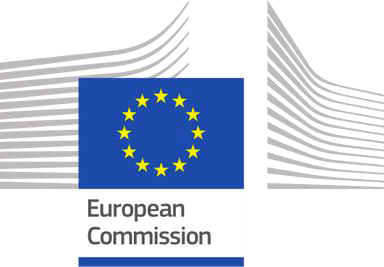
Lebanon’s universities faced barriers to innovation, including limited commercialization funding, weak IP policies, minimal industry links, and underdeveloped technology transfer systems. The project aimed to establish robust processes, equip researchers with innovation tools, and pilot best practices to strengthen commercialization capacity.
Mapped Lebanon’s innovation ecosystem, benchmarking against global models to identify gaps. Developed tailored technology transfer frameworks, designed commercialization roadmaps, and delivered actionable recommendations. Piloted the approach across five universities for relevance and scalability.

Egyptian universities and research institutions needed a practical framework to transform research outputs into market-ready solutions. The project aimed to create a roadmap for research valorization, focusing on technology transfer, intellectual property management, and spin-off development to strengthen industry-academia collaboration and drive economic growth.
Analyzed global innovation cycles, mapped Egypt’s current research-to-market landscape, and identified gaps in technology transfer practices. Our approach involved benchmarking best practices, mapping enabling entities, and designing an actionable roadmap to enhance university technology transfer capabilities and ensure their financial sustainability.

This bootcamp aimed to accelerate the commercialization of research-based innovations by equipping researchers, entrepreneurs, and innovators with practical tools in IP protection, market validation, and investor pitching. The program helped participants navigate the journey from prototype to market entry.
Innovety prepared the full bootcamp design—agenda, materials, and assessments—and delivered training covering innovation, entrepreneurship, and IP management. The team conducted pre/post assessments, evaluated participants’ pitches and engagement, and provided a final implementation report with insights and recommendations.
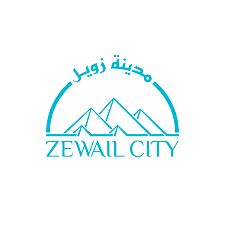
Zewail City University engaged Innovety to build the capacity of its staff through a Train‑the‑Trainer program. The goal was to enhance their ability to deliver engaging soft skills training, adapt teaching to diverse learner needs, and create impactful learning experiences for students and peers.
Delivered an intensive capacity‑building program covering adult learning styles, learner types, and effective training methodologies. Participants practiced various delivery methods through hands‑on exercises, receiving real‑time feedback to refine their approach. Tailored recommendations and follow‑up support were provided to ensure sustainable application of the ToT model.

This project aimed to help the University of Saint Joseph (Lebanon) and the American University in Cairo (Egypt) overcome matchmaking challenges with industry. The goal was to enable these universities to identify and map applied research opportunities that address industrial value chain needs, facilitating technology transfer and commercialization.
Identified innovation champions within universities, trained them to collect and assess research outputs, and developed a value chain mapping template. These champions mapped internal research across industrial value chains, consolidating opportunities into a practical guidebook for commercializing university technologies and assets.
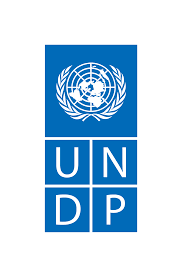
UNDP engaged Innovety to strengthen A‑Venture, an Algerian accelerator, by identifying gaps in its operations and enhancing its capacity to support startups. The project aimed to conduct a full needs assessment, develop and deliver tailored training on business planning and monitoring & evaluation, and build A‑Venture’s ability to better guide entrepreneurs.
Conducted primary and secondary research to assess A‑Venture’s operational and programmatic gaps, then designed a customized training plan addressing these needs. Innovety developed practical training materials using the Mission Model Canvas and M&E techniques, delivered hands‑on sessions to staff and startups, and measured learning outcomes through pre‑ and post‑training assessments.
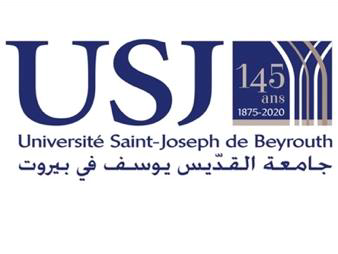
To support student and alumni entrepreneurs in Lebanon, Université Saint-Joseph’s Competencies and Entrepreneurship Center (EC²) sought to identify sustainable business directions for its three satellite offices. The objective was to develop a framework for business opportunities that outlines essential services, partnerships, and offerings to help the centers foster entrepreneurship and achieve long-term sustainability.
Innovety conducted an in-depth assessment of Lebanon’s entrepreneurial landscape and EC²’s current position within it. Building on these insights, the team identified strategic business directions aligned with market needs and EC²’s capabilities. These models were then validated through collaborative workshops with key stakeholders to ensure relevance, feasibility, and impact.